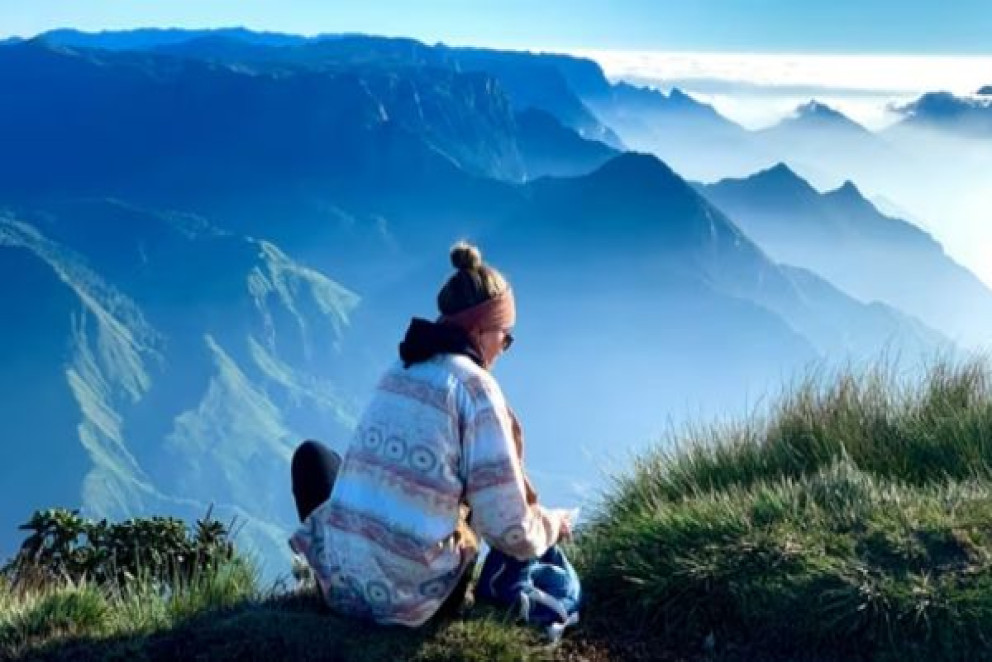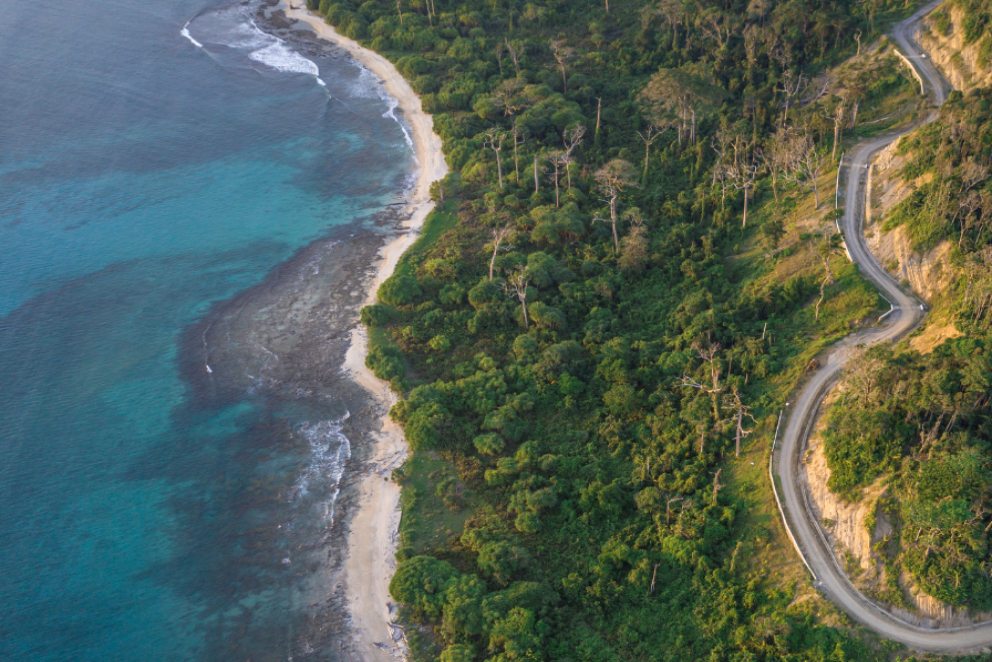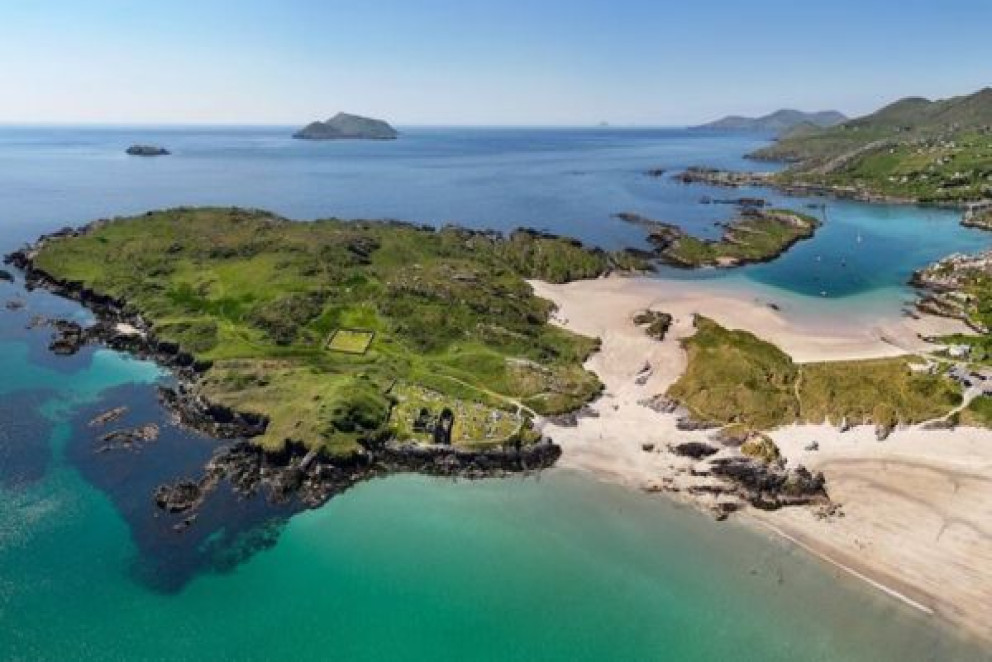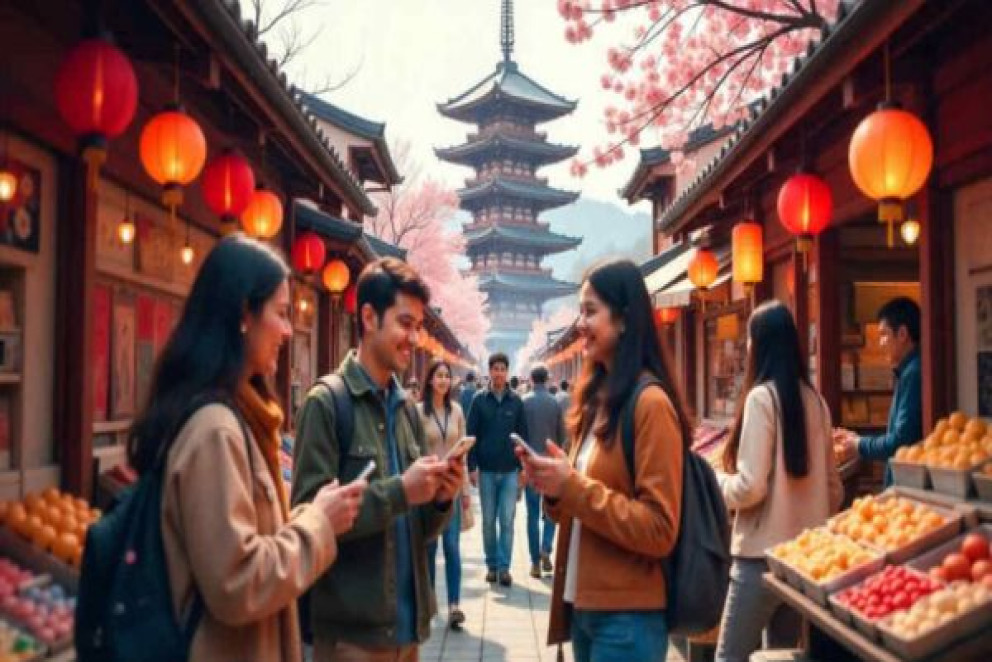Blog Details

Intimate, niche and out-of-the-ordinary: Unlocking the rise of experiential tourism in India
Gone are the days of simply ticking landmarks off a bucket list. Tourist traps and generic experiences are losing their appeal. The Indian traveller seeks genuine connections with local people and places. They want to understand the heart of a destination, not just capture a picture of it. They crave something deeper, a shift reflected in the booming trend of experiential travel, prioritising immersive experiences that connect us to musical and sporting experiences as well as new cultures, challenge our comfort zones, and create lasting memories. According to Bloomberg, a staggering 86% of millennials prioritise experiences and cultural immersion when travelling. They seek to become part of the local scene, not just passive observers.
Exploring the Surge of Experiential Tourism in India
"Music lovers flocking to Goa in December to participate in the city's massive Indian EDM (Electronic Dance Music) festival, Asia's biggest EDM festival, is a great example of the growing popularity of experiential tourism in the entertainment category. Local music groups and gatherings across the country also invite tourists to bunk with them for a few days, pointing to the fact that even small events can be in demand because of the exclusivity factor. Similarly, spiritual destinations like Varanasi, Amritsar and the recently inaugurated Ram Mandir in Ayodhya are the hotspots for religious experiential tourism. Religious tourism on its own is expected to grow at a CAGR of 16%, according to a recent report." says Ashish Sidhra, Co-founder, Alike.io.
He further shared with HT Lifestyle, "Experiential tourism is also closely tied to cultural immersion tourism in India. Whether it is camping in a Jaisalmer desert or, performing a ritual dance with the Baiga tribes of Madhya Pradesh, or even participating in the Nongkrem dance festival, which is an annual festival of the Khasi tribe of Meghalaya, the experience ends up being educative, immersive and intimate than other forms of 'casual' tourism. A recent Skyscanner survey showcased Culture ranking higher than iconic attractions when choosing a destination. A significant 54% of respondents consider cultural immersion a major factor in their decision-making. And what better country than India to spearhead the experiential tourism revolution, given the diversity it holds across its length and breadth."
"There is also a growing demand to interact with people who live in the remotest parts of the country and do not belong to the mainstream. According to The American Express Travel 2023 Global Trends report, 94% of Indian respondents want to travel to a lesser-known destination. The pandemic has contributed to the growth in this trend because people took the time to really understand themselves better and embark on journeys of self-discovery to find peace and fulfilment. Platforms like Instagram and Facebook bombard us with stunning vacation photos, fuelling a desire for these unique experiences. We crave stories beyond the ordinary, experiences that set us apart. Budget airlines, travel hacking tips, and alternative accommodation options are making travel more accessible. This financial flexibility allows travellers to invest in experiences that were once considered out of reach," says Ashish.
He added, "These forces combined create a perfect storm for experiential travel. Let's delve deeper with some statistics that solidify this trend: The digital interconnectedness of the world today makes it easy for concepts like experiential tourism to take off on a large scale. Social networking sites like Instagram are also leading the revolution by spreading awareness and converting curious folks into true-blue experiential tourists. Also, gone are the days when one would save up for months to go on a trip. Budget-friendly options are galore these days; you just have to find the right travel portal that crafts these special experiences for you, book your dates and just take the plunge! If you do not want to travel alone, you can always get in touch with a group of like-minded people offline or online and get your travel on."
"The benefits of experiential travel are undeniable. It fosters deeper connections with destinations, fosters cultural understanding, and creates lasting memories that go far beyond a souvenir snapshot. It allows us to step outside our comfort zones, learn new skills, and return home with a transformed perspective. So, the next time you plan a trip, consider venturing beyond the traditional tourist trail. Embrace the power of experiential travel. Seek out experiences that will challenge you, connect you, and leave you with stories that will resonate long after you return home," Ashish concluded.
Exploring the Surge of Experiential Tourism in India
"Music lovers flocking to Goa in December to participate in the city's massive Indian EDM (Electronic Dance Music) festival, Asia's biggest EDM festival, is a great example of the growing popularity of experiential tourism in the entertainment category. Local music groups and gatherings across the country also invite tourists to bunk with them for a few days, pointing to the fact that even small events can be in demand because of the exclusivity factor. Similarly, spiritual destinations like Varanasi, Amritsar and the recently inaugurated Ram Mandir in Ayodhya are the hotspots for religious experiential tourism. Religious tourism on its own is expected to grow at a CAGR of 16%, according to a recent report." says Ashish Sidhra, Co-founder, Alike.io.
He further shared with HT Lifestyle, "Experiential tourism is also closely tied to cultural immersion tourism in India. Whether it is camping in a Jaisalmer desert or, performing a ritual dance with the Baiga tribes of Madhya Pradesh, or even participating in the Nongkrem dance festival, which is an annual festival of the Khasi tribe of Meghalaya, the experience ends up being educative, immersive and intimate than other forms of 'casual' tourism. A recent Skyscanner survey showcased Culture ranking higher than iconic attractions when choosing a destination. A significant 54% of respondents consider cultural immersion a major factor in their decision-making. And what better country than India to spearhead the experiential tourism revolution, given the diversity it holds across its length and breadth."
"There is also a growing demand to interact with people who live in the remotest parts of the country and do not belong to the mainstream. According to The American Express Travel 2023 Global Trends report, 94% of Indian respondents want to travel to a lesser-known destination. The pandemic has contributed to the growth in this trend because people took the time to really understand themselves better and embark on journeys of self-discovery to find peace and fulfilment. Platforms like Instagram and Facebook bombard us with stunning vacation photos, fuelling a desire for these unique experiences. We crave stories beyond the ordinary, experiences that set us apart. Budget airlines, travel hacking tips, and alternative accommodation options are making travel more accessible. This financial flexibility allows travellers to invest in experiences that were once considered out of reach," says Ashish.
He added, "These forces combined create a perfect storm for experiential travel. Let's delve deeper with some statistics that solidify this trend: The digital interconnectedness of the world today makes it easy for concepts like experiential tourism to take off on a large scale. Social networking sites like Instagram are also leading the revolution by spreading awareness and converting curious folks into true-blue experiential tourists. Also, gone are the days when one would save up for months to go on a trip. Budget-friendly options are galore these days; you just have to find the right travel portal that crafts these special experiences for you, book your dates and just take the plunge! If you do not want to travel alone, you can always get in touch with a group of like-minded people offline or online and get your travel on."
"The benefits of experiential travel are undeniable. It fosters deeper connections with destinations, fosters cultural understanding, and creates lasting memories that go far beyond a souvenir snapshot. It allows us to step outside our comfort zones, learn new skills, and return home with a transformed perspective. So, the next time you plan a trip, consider venturing beyond the traditional tourist trail. Embrace the power of experiential travel. Seek out experiences that will challenge you, connect you, and leave you with stories that will resonate long after you return home," Ashish concluded.
Source: Hindustan Times



